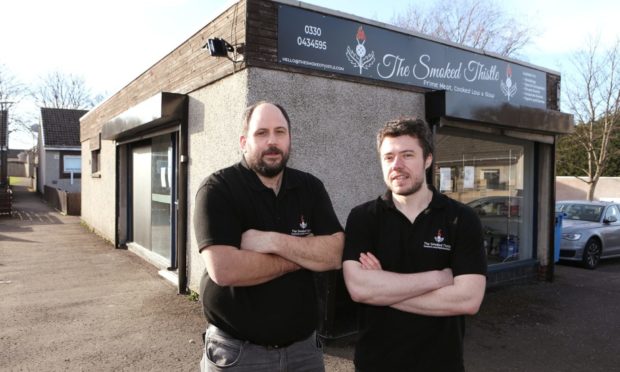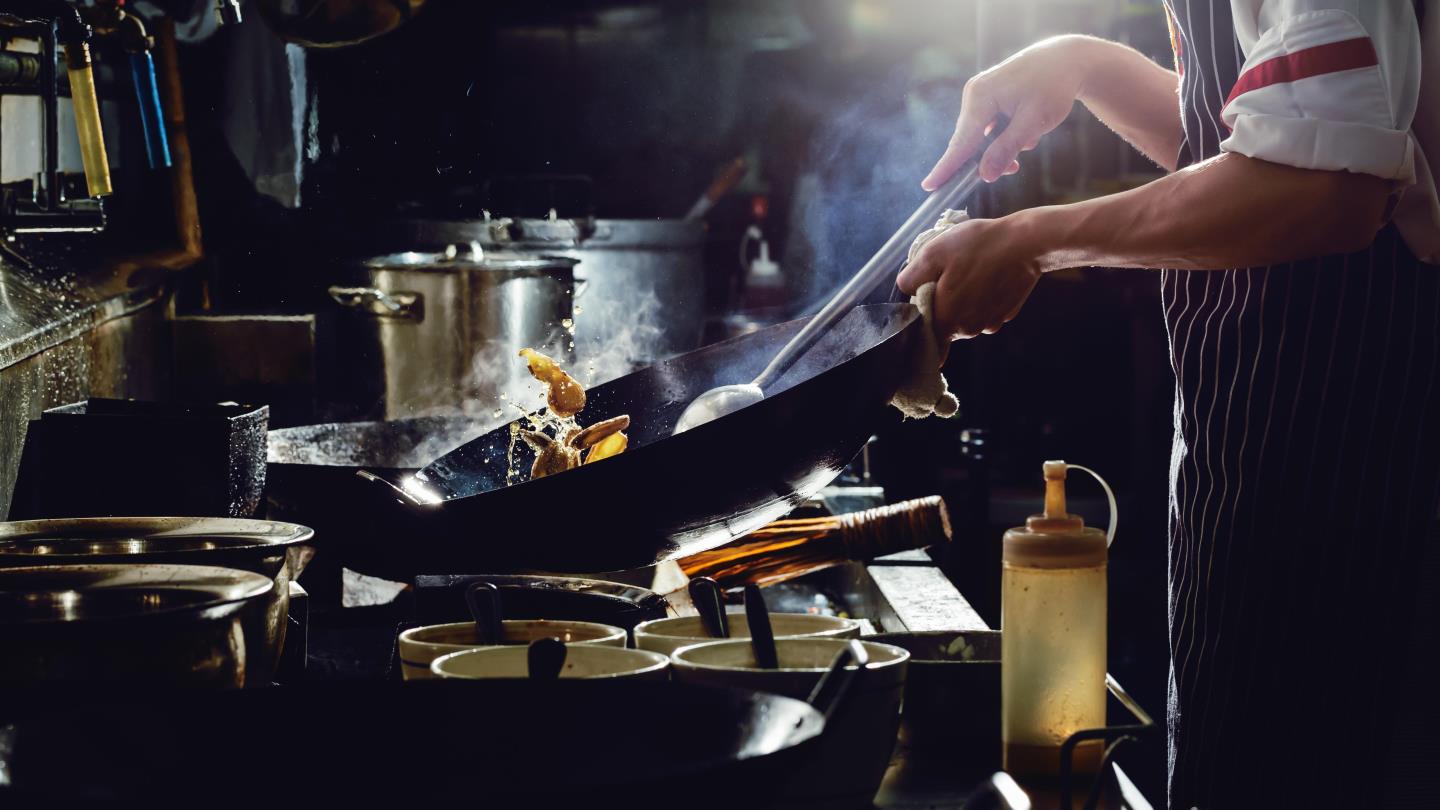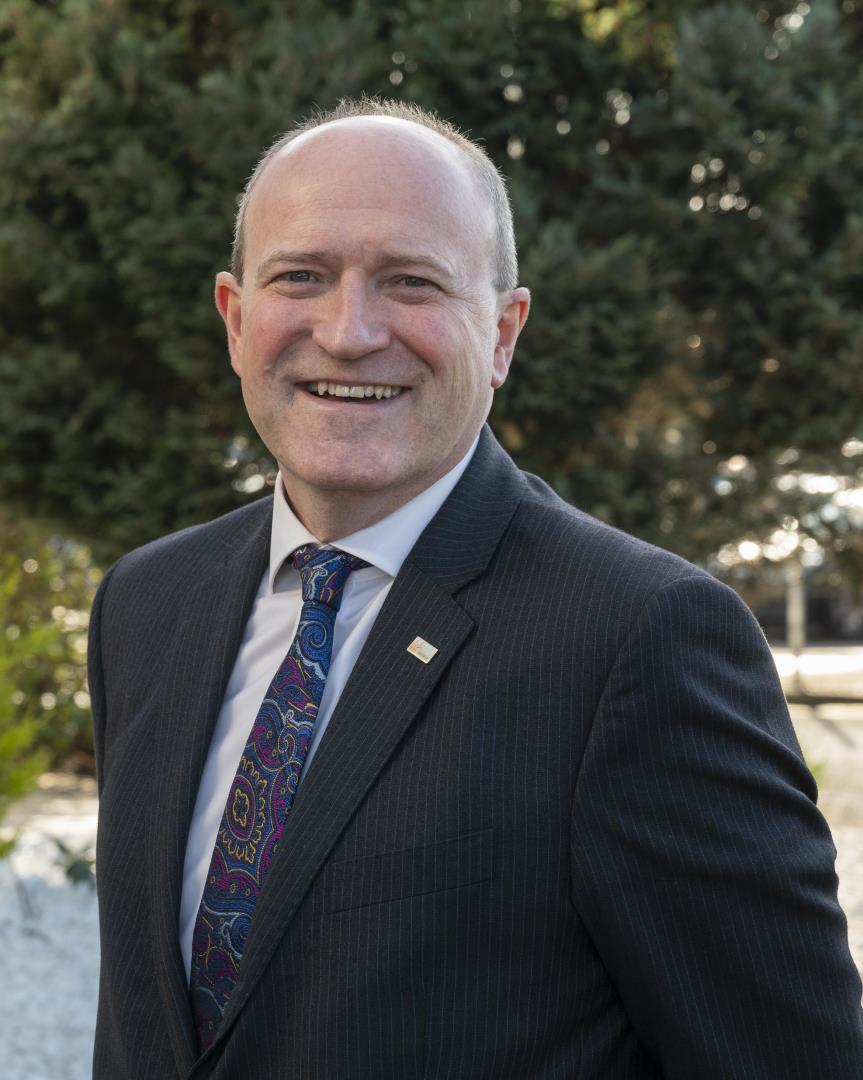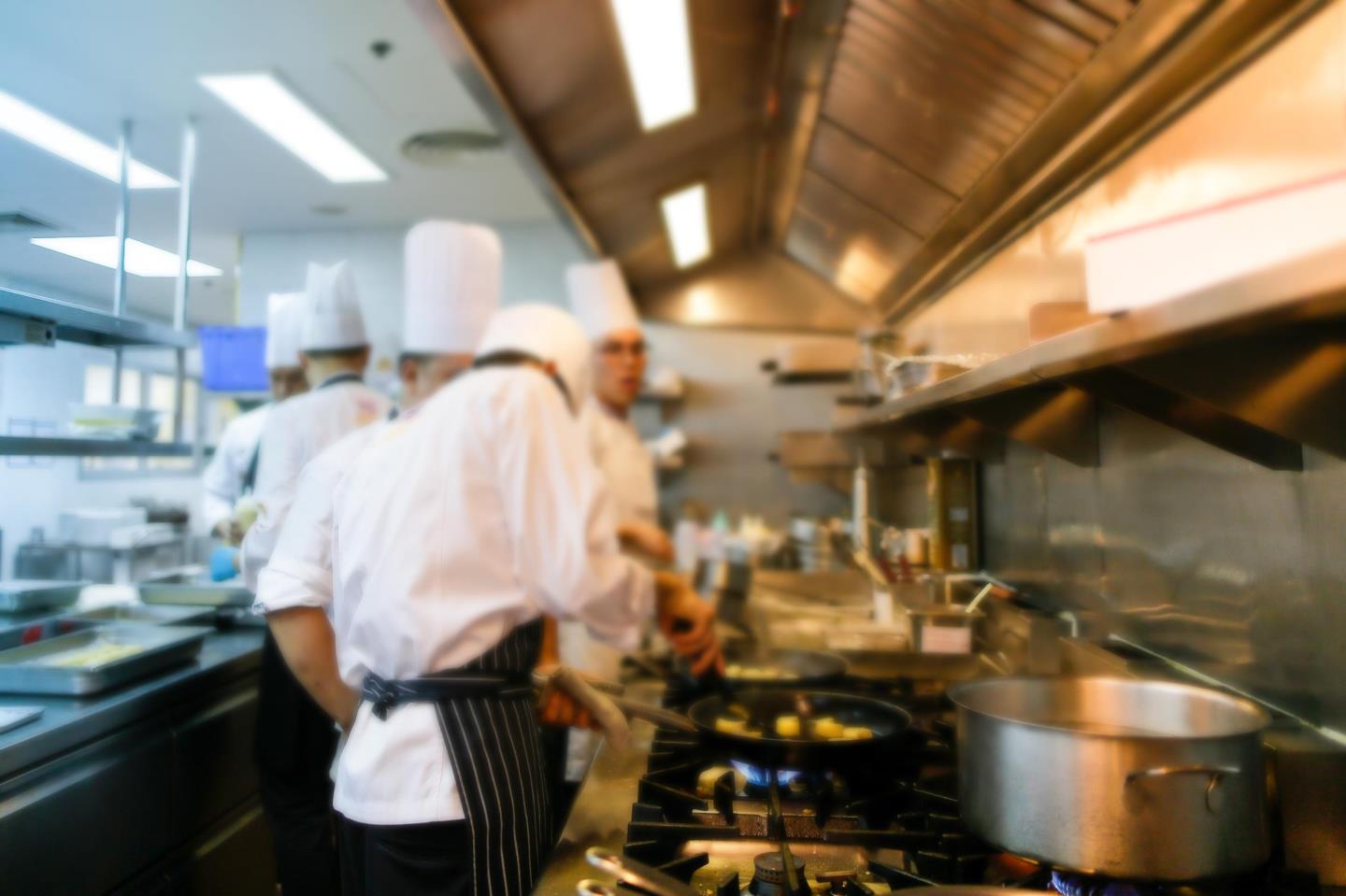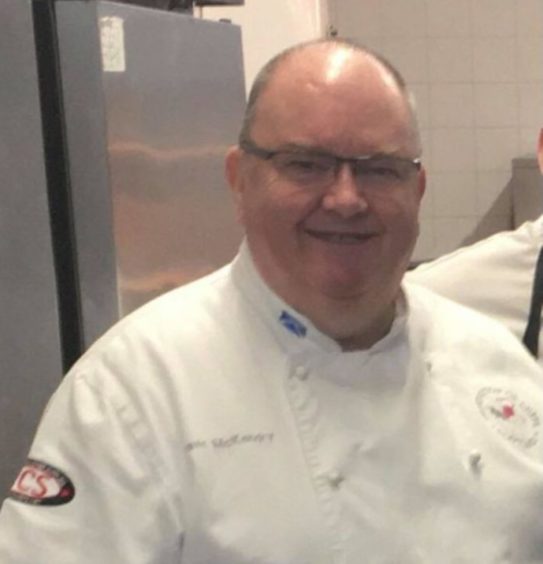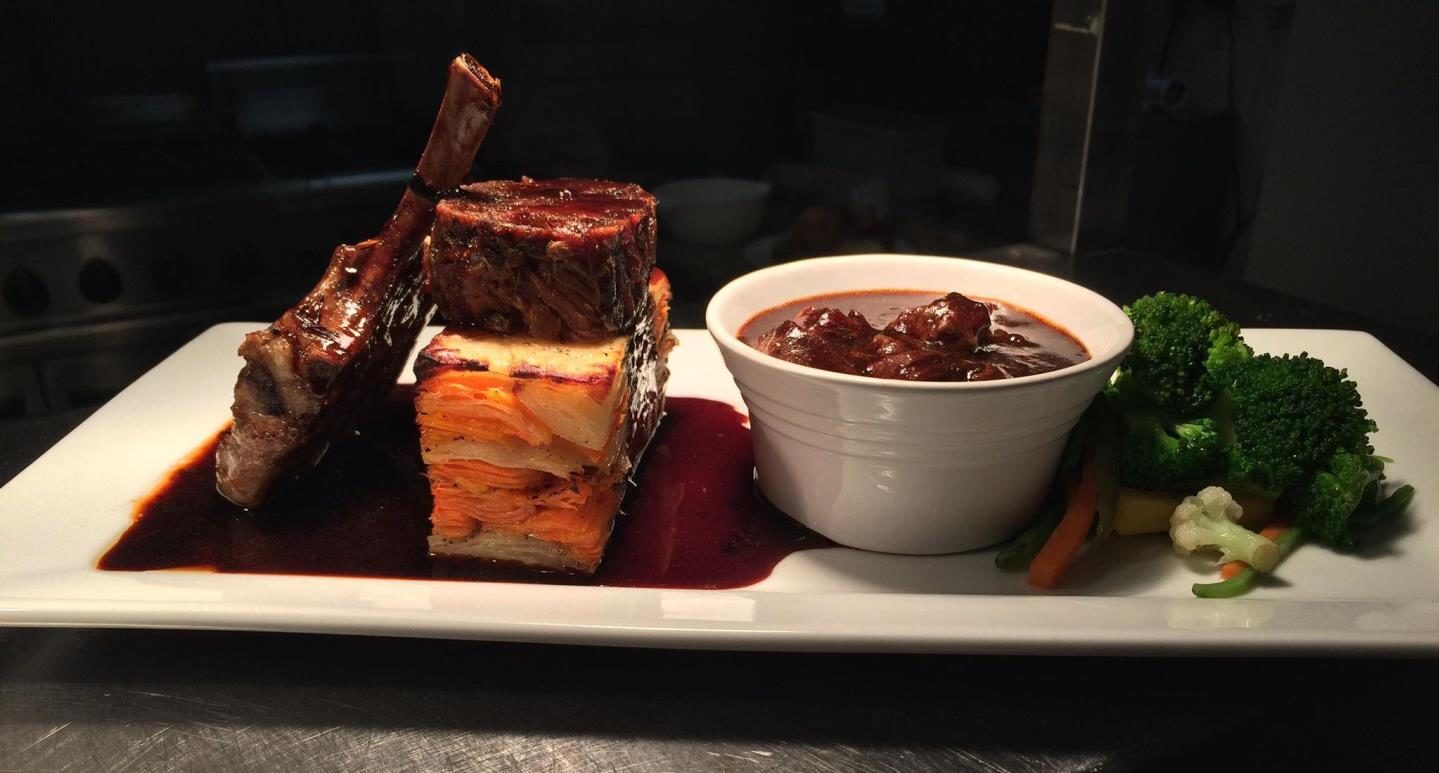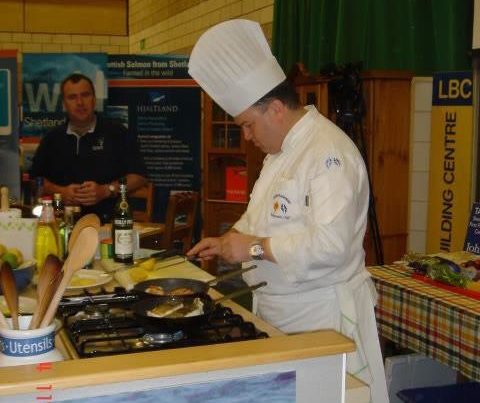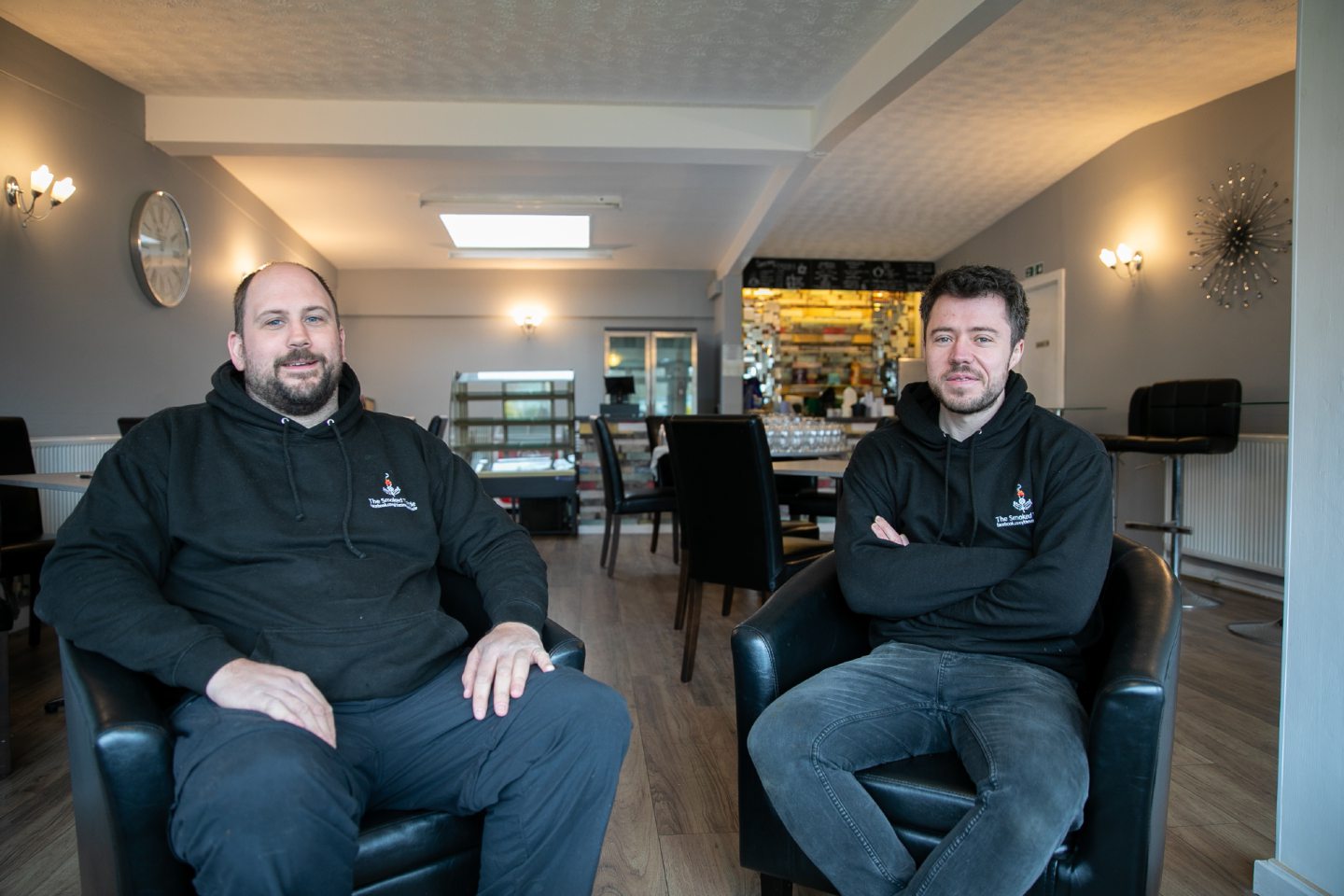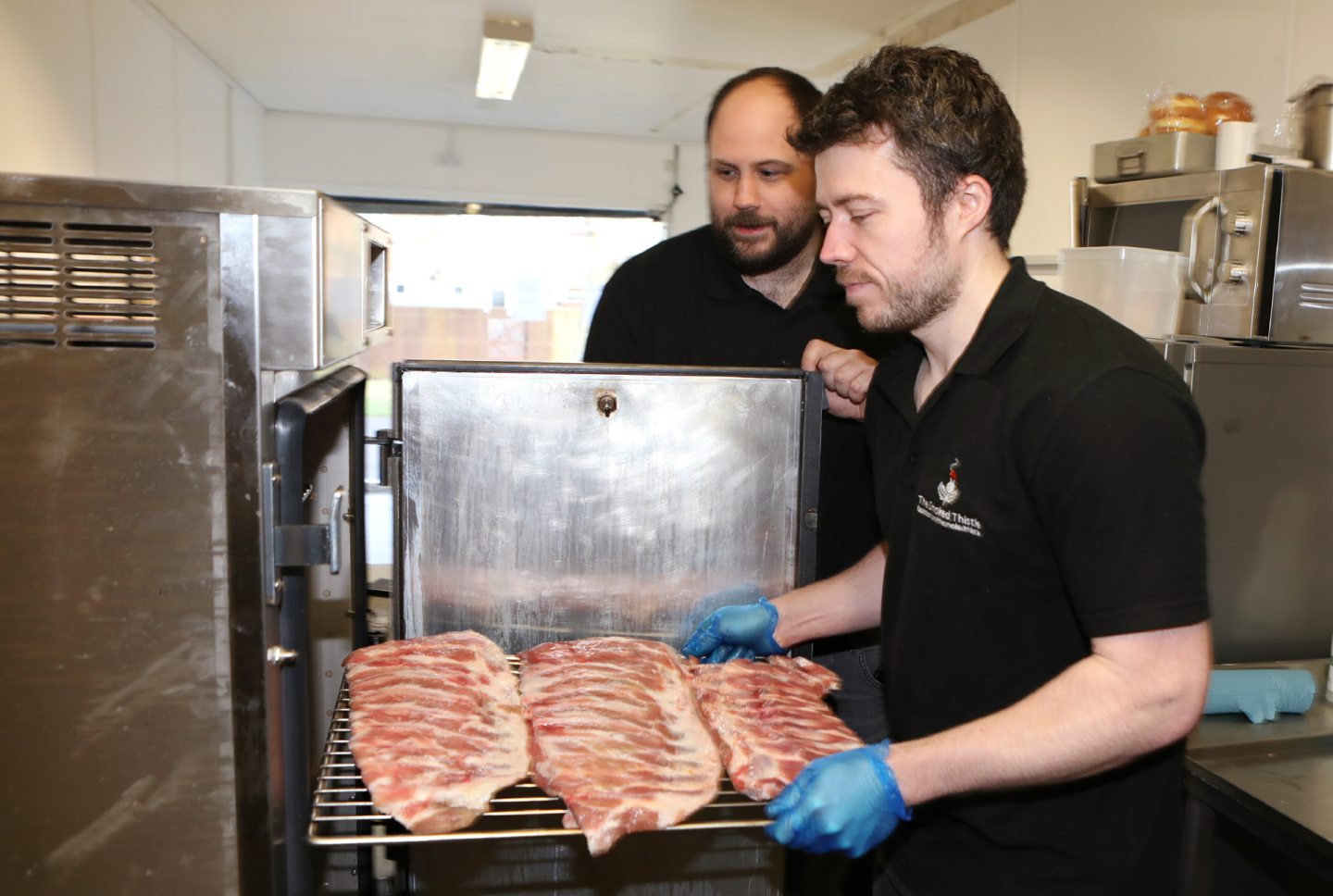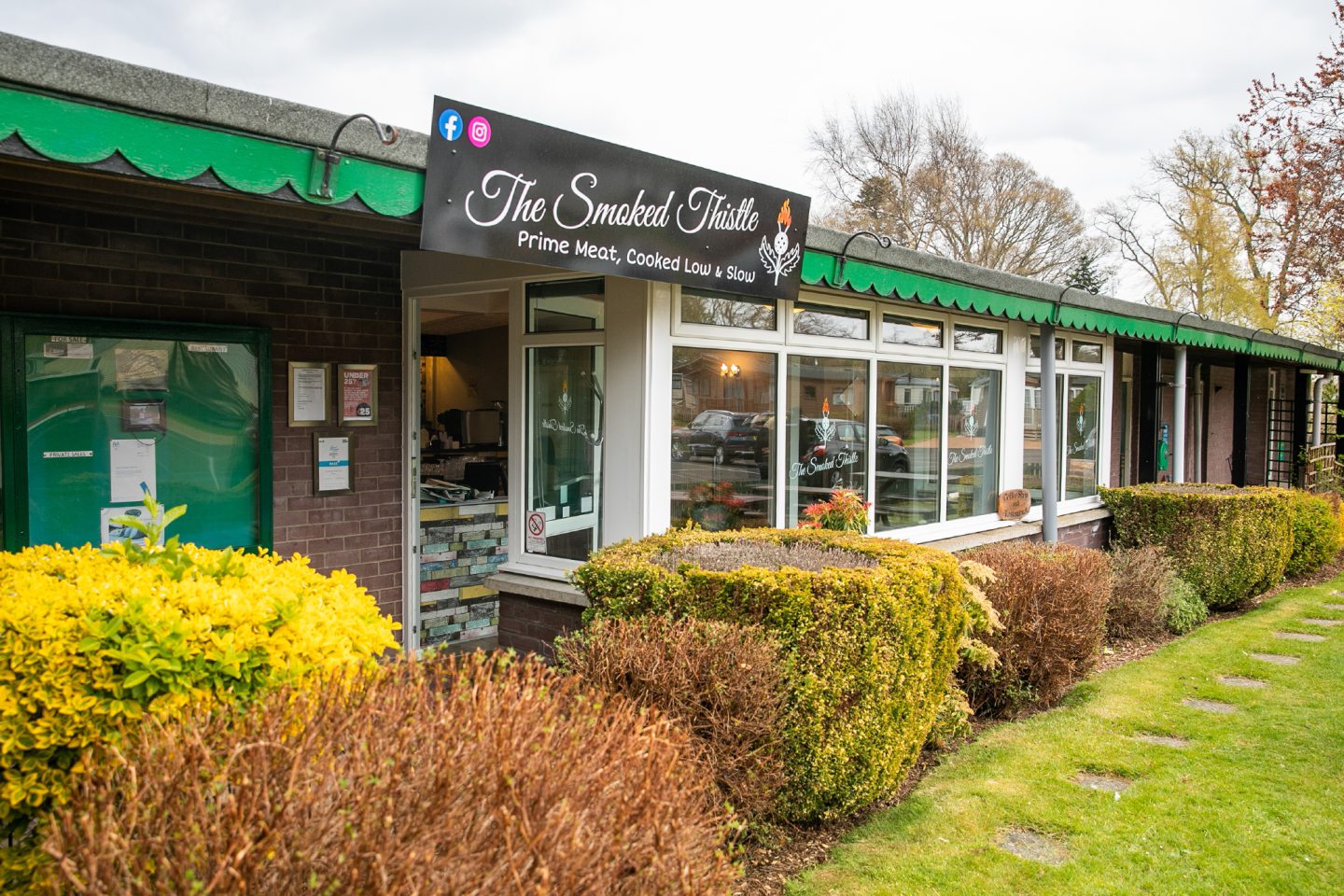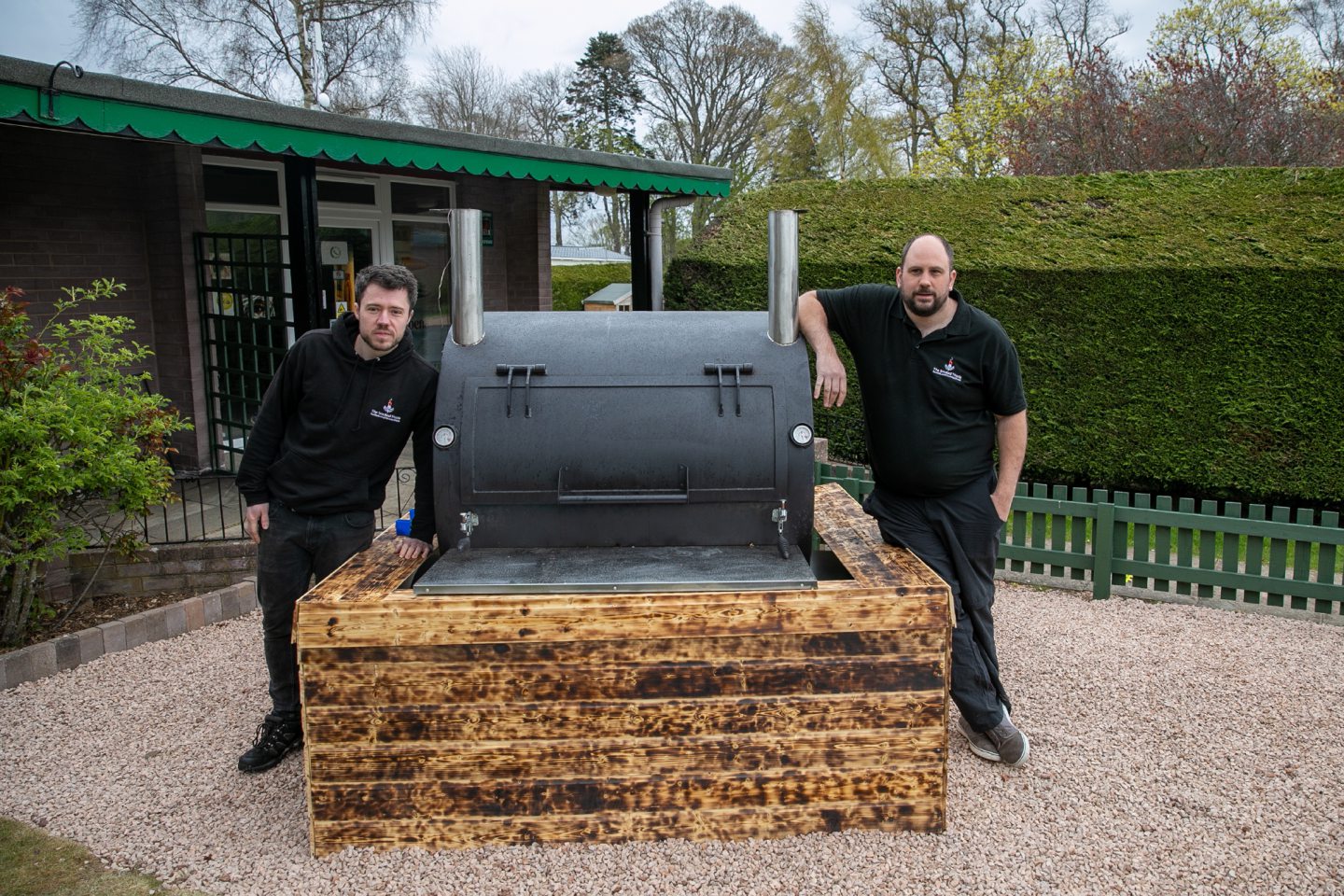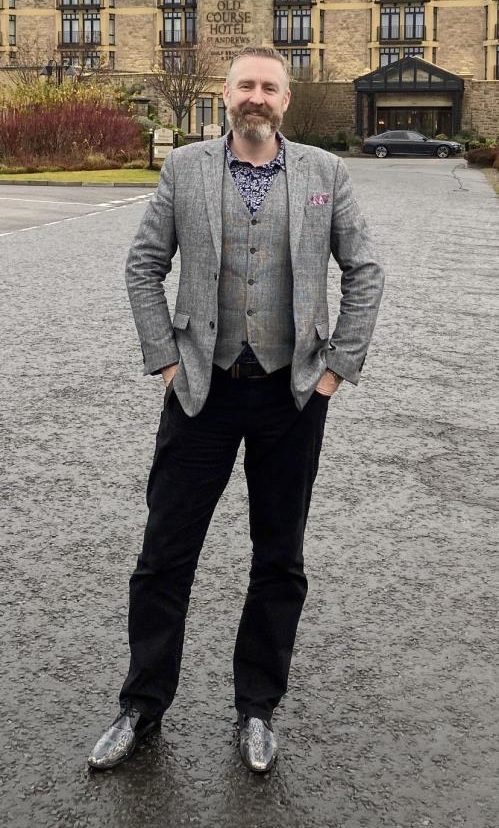As restrictions continue to ease for many sectors, including hospitality, what does the future hold for the chefs of Scotland? And do we have enough to keep our beloved independents going?
For hospitality, there have been many victims throughout the pandemic, however, with the country in the process of trying to get back to “normality’, a crisis which has been bubbling away for years has now reached boiling point, putting restaurants and venues across the country at risk of potentially having to close.
The shortage of chefs available currently is as a result of a disastrous series of events. A sprinkling of 70 to 80 hour weeks, a pinch of poor pay, throw in mental illness and the lack of focus on wellbeing in general in there and you’ve created a recipe for disaster.
The “rise of celebrity chefs” and the aspiration to be famous momentarily thanks to social media has spiralled out of control said one chef on a closed Scottish chef’s Facebook group, not to mention the introduction of “agency work”, according to another.
Why now?
But why, when the industry and customers need chefs most, are they nowhere to be found?
David Cochrane, MBE and chief executive of HIT Scotland, a charity which runs fundraising opportunities to provide learning experiences for those studying or working in hospitality, says while furlough has kept many individuals in jobs, the hard task will be ensuring the lost talent is recuperated.
He said: “A huge amount of the workforce have been on furlough and there’s been uncertainty around bringing people back to work not knowing what the custom would be like.
“The real sad aspect is that head chefs and restaurant managers have spent so long building their teams and then when you don’t have customers, you almost lose your team overnight.
“You can’t bring seven pastry chefs back to work at the same time if the custom isn’t there for big banquets and conferences.
“Furlough being extended to September is great and very helpful, but the challenge is, if you are a creative chef you might not want to wait 14 to 16 months to get back to work when you have other pressing financial needs to take care of.”
Social distancing
He also highlighted that social distancing in kitchens and the impacts of Brexit may also be a few factors at play regarding the shortage of chef talent.
“Distancing in kitchens means there’s a reduced workforce in the space, so that has a knock-off effect. It goes right down to the supply chain as they might not be able to keep up with initial demand either. That has resulted in limited menus and then there’s less requirement for as many chefs again,” said David.
“A lot of the migrant workforce have gone home, and according to figures, it equates across the UK to around 1.3 million people. I would bet a good percentage of those individuals would be in the supply chain or hospitality industry. It is either a challenge to come back with no flights or quarantine, or they have gone elsewhere.”
The Kenmore Hotel – Aberfeldy
David Mckendry, head chef of The Kenmore Hotel in Aberfeldy, one of Scotland’s oldest inns dating back to 1572, put out an advert to attract more chefs and has been unsuccessful in employing anyone due to the lack of uptake for the job.
Jumping ship to work at the premises 18 months ago, David says he has had three no-shows for jobs and is now concerned about having a team in place for the busy summer months ahead.
He said: “I need a brigade of seven or eight in my kitchen as we serve food from 8am right through. I’ve kept three chefs on with furlough and reopening I’ve put out ads for various different roles.
“We’ve done that via Indeed, Facebook groups, agencies as well, and I’m having to fill my kitchen with agency staff just now. Within the last week I had three no-shows from people who were given jobs by the agency and just didn’t turn up.
“I earned more money 10 years ago than what I do now. You wouldn’t get a joiner or any other trade working over their hours without double time, or time and a half. I’m in charge of doing the rotas and I am a very fair chef.
“I would look at my guys doing 45 to 48 hours maximum week. I always made sure they get their two days off a week together.
“I’m in control of what they are doing so they don’t get hammered with work and get tired or resentful. Because of the situation right now, the team is really having to work hard.”
Menus taking a hit
The head chef, who has been in the industry for 47 years now since the age of 16, says the menus he and his team are producing are taking a hit as a result of the shortage of chefs.
This shortage means the kitchen team are unable to prepare a wide range of dishes due to the small brigade available to work various stations.
He added: “We can do 150 lunches and 150 dinners if the weather is nice and everyone sits outside. We have two bars and we can cover that.
“The menus are also taking a hit because we can’t put the dishes I really want on there because we just don’t have the time to dedicate to it as a result of being short staffed just now.
“As a guest, you don’t want to be waiting 30 minutes for a bowl of soup. We try and get everything out within 10 to 15 minutes so we’re flat out and working hard. A lot of people don’t realise what is going on behind the scenes.
“We’ll have to go through agency again to make sure we have the bodies to keep the kitchen going. We have great live-in accommodation for chefs too, we provide food, uniforms, and we do it correctly.”
How do we make it better?
With so many restaurants and venues across Scotland struggling to get the talent into their kitchens, David is concerned the attitudes towards chefs and the stereotypes attached to the trade (working long hours for minimum wage) will hinder any change which needs to happen in the industry.
“I think employers and companies need to realise chefs are professionals, too, and should probably pay the going rate,” said David.
“I have seen an advert for a head chef position for £12 an hour. Minimum wage is around £8.91 so for £3 more, the difference between someone with no experience versus, say 25 years experience, is £3. We’re very fortunate here that we pay above minimum wage. We want to pay a bit more and get the right people”.
“During the first lockdown a lot of chefs went to get other jobs in, say, supermarkets. They are earning the same money and realising they have a better work and life balance. So a lot of them have dropped out of the industry.”
“We used to go to college for four or five years with City & Guilds and a lot of people come into the industry now thinking they are a chef and want to fast-track to the top with no knowledge.”
The Smoked Thistle – Dundee and St Andrews
From a business owners’ perspective, getting the right people in the job is vital for consistency and keeping the team motivated.
Rob Duncan who owns The Smoked Thistle in St Andrews and Dundee with his business partner, Blair Armstrong-Payne, is currently working in the kitchen to help his brigade out due to a lack of talent available in both areas.
He said: “We’ve expanded quite quickly over the past few weeks and are looking to keep expanding.
“We’re really struggling to get chefs and have been advertising for the past three or four weeks for both locations and either, we’re not getting any candidates, or any quality candidates with the experience we need. It is having a detrimental effect on the business.
“In St Andrews we only have our head chef, I have a chefing background, but I left the profession because of the way when I was doing my training the working hours were atrocious and the pay wasn’t the best.
“There was nothing inspiring me to keep me in the trade. I obviously have a passion for cooking and I’m now back in the kitchen as myself and Blair have to cook full-time now. That starves the business of being able to move forward.
“One of the biggest parts of our business for the coming year will be events. And if we take on events we’re not confident we’re going to have the quality of chefs we need to pull them off.”
Work life balance
Working seven days a week at the moment, Rob says it is crucial they fill the gaps in the kitchen.
They plan on doing so by offering future employees the same opportunities they have offered their current staff, understanding their hopes, dreams and aspirations and trying to make them a reality for them, too.
“We need to double or treble the current number of kitchen staff. We’ve got one in St Andrews, one in Dundee, myself and Blair full-time, seven days a week just now, and we’ll need to fill our positions and so we need three or four high calibre chefs,” said Rob.
“There’s a few issues. From the grassroots, the way trainee chefs come into the industry, from my experience, were pretty bad. You’re working 40 to 50 hours a week and then studying on top of that at college.
“The pay is quite low and the conditions weren’t the best. In the kitchen it is very regimental and you’re at the bottom of the hierarchy. Combining all of that with cooking, you can become quite disillusioned and some places have huge targets.
“The past 10 to 15 years for me have been spent in the tech industry and the approach there is investing in people in the business and looking after the staff.
“We sat down with Tam and Jonny, our chefs, when they came to interview and we wanted to find out what they wanted.
“One of them want to start their own restaurant, whether that is with us maybe as a partnership or franchise or not, and the other wants to open his own restaurant doing something similar but a bit different.
“We want to find out how we can help them reach their goals and invest them in the company by offering equity.
“We’re very flexible with one of our chefs who wants to drop off and pick up his kids from school, so we make that work.
“We want to offer good working conditions and less working hours, which is hard when you can’t find other chefs for the business to make that a reality. You’re kind of caught in that trap of asking more of them.”
St Andrews a real problem
And Rob says that St Andrews as a destination is becoming increasingly hard to attract staff to work in purely because of the lack of affordable housing and the transport links between it and neighbouring cities, towns and villages.
“The issue with St Andrews just now is there’s 28 jobs on a site just now. If this continues we won’t be able to open our restaurant seven days a week like we had envisioned,” he said.
“You still have overheads and you run the risk of whether it’s worth being open at all. It is definitely challenging times coming out of Covid-19 but it is disappointing there isn’t that pool of people keen to stay in the trade, but I totally understand why.”
“The cost of living in St Andrews is really high as there’s less affordable housing. The transport links are just now where they need to be.
“We have staff travelling to Tayport and a bus every hour and stopping at 11pm at night just causes headaches. There’s no train line so a real investment in transport to the area would prove really well for all businesses in St Andrews to help staff and visitors getting to the town.”
Hospitality consultancy
Andrew Scott, who runs Victus Consultancy, a hospitality consultancy firm which works with boutique hotels, luxury bars and restaurants, coffee shops, cafes and visitor attractions, agrees there are numerous factors at play.
Living in Milnathort in Perth and Kinross, Andrew has clients in Aberdeen, Blair Atholl, Glasgow, Edinburgh, Fraserburgh, Blair Drummond and also owns a coffee shop and a cafe.
He said: “People are starting to employ people to fix the gap right now, but that is the wrong thing to do. Some employers are advertising signing-on bonuses – giving individuals money upfront to join them.
“I’m speaking to five different agencies about getting chefs for a client, but then these are the same people coming through the job ads, too. The money some people are asking for is bonkers, especially off the back of a pandemic. There’s lots of business’ who have so many future plans, but the thing is, will they make it there?”
Being part of the conversation
Andrew has recognised that while the conversation on mental health increases in society in general, it has only been recently that chefs have felt like they have had a voice and want to continue the conversation around finding a better work and life balance.
He said: “A lot of people are now enjoying being at home, taking their kids to school and being with their families. They are realising as well that money isn’t everything and working every hour under the sun isn’t everything either. They are happy to earn less, yet be present.
“The Hospitality Health mental health charity and I have done a mental health first aid course. There’s so many business’ getting in touch with me to help motivate their kitchen teams, these are the teams they are particularly focusing on.
“I’ve been doing Zoom calls with them all and talking to them about it. The chefs feel they have been ignored in their coming out of Covid-19 conversation. No one is talking to the kitchen about it especially when restrictions are so strict for customers within hospitality.”
What needs to be done?
So what needs to change? David Cochrane of HIT Scotland says the industry needs to revaluate its practices to fill the gaps.
“The industry needs to look at its practices on a whole. They could look at more flexible working and look at all ages from 18 to 80,” he said.
“There are maybe people from other sectors that we could introduce to hospitality, too, who have been impacted by the pandemic. The industry is going to have to be creative in filling in the gaps which are appearing.
“Even sharing staff and building the links with local colleges and schools will hopefully be a positive thing that comes out of this.
“Every sector is massively recruiting, but it’s not just restaurants who are looking for talent, it’s retail, healthcare, the care sector and other industries, too, who will be looking for chef talent.
“It is a viable industry and won’t go away, but it has had a huge earthquake which has shaken it to its core so we need to support it, and its staff, as much as we can.”
For more food and drink news…
Opinion: Why hospitality across Scotland needs you now more than ever
Restaurant’s phone is smokin’ hot as fans jam lines while they count down the days to opening
